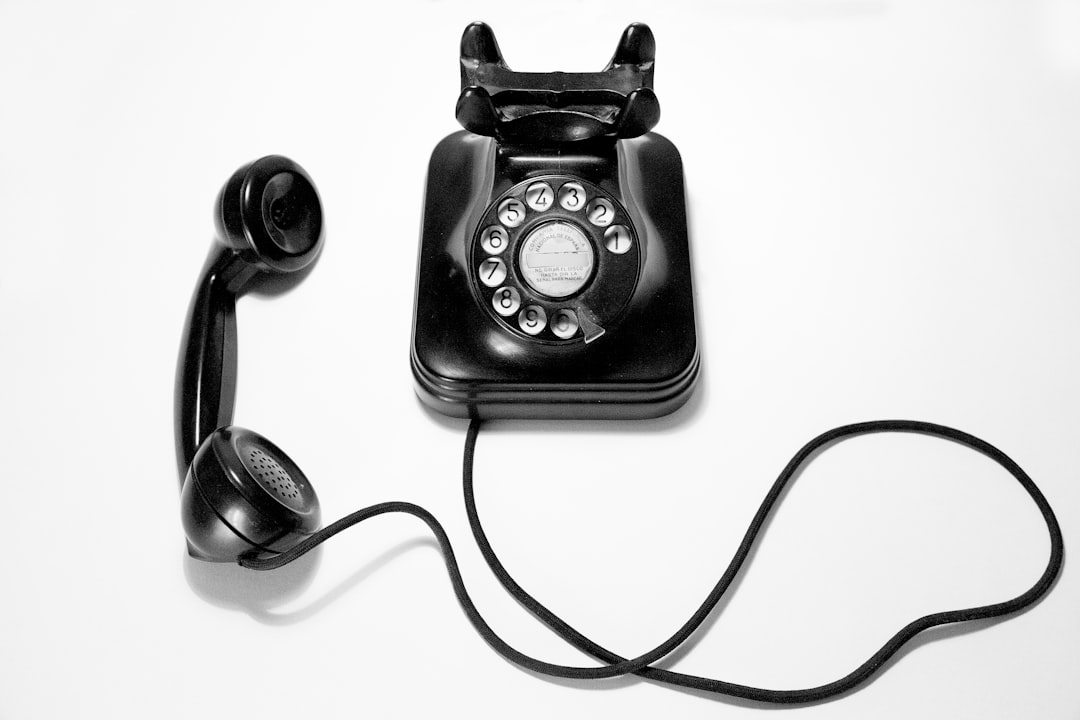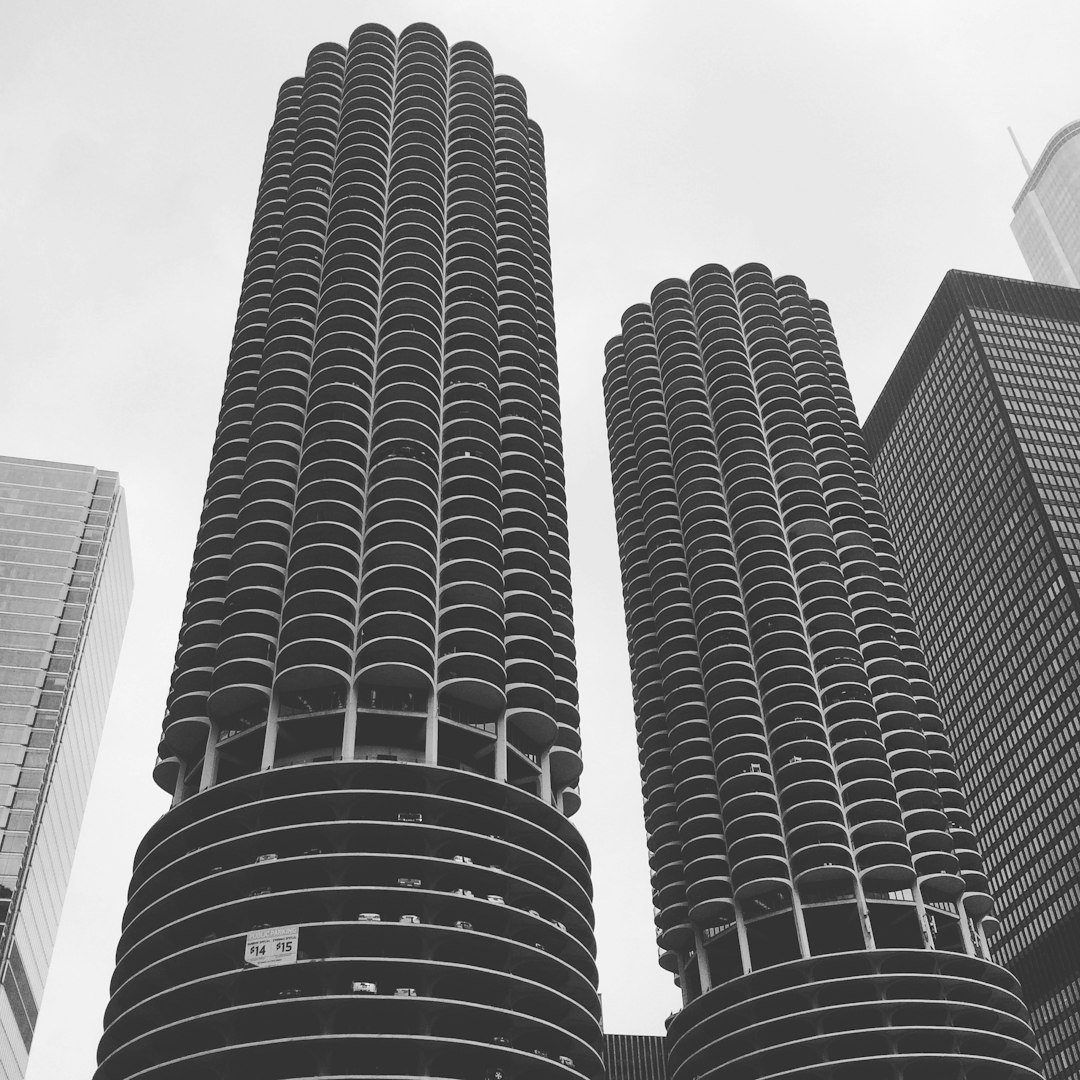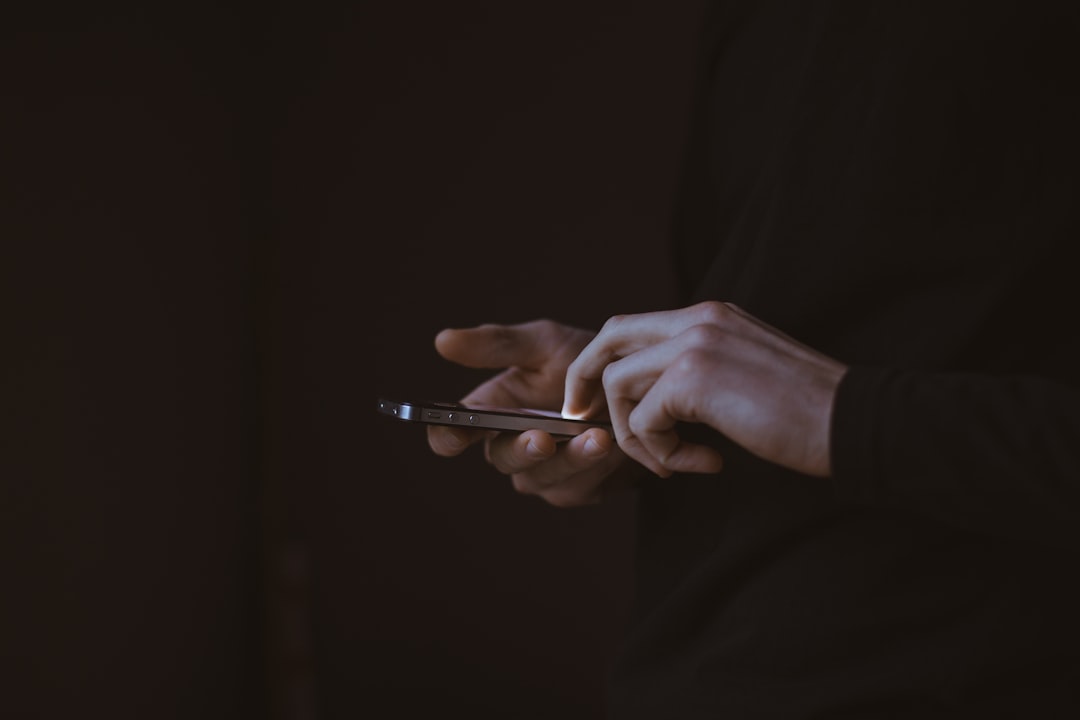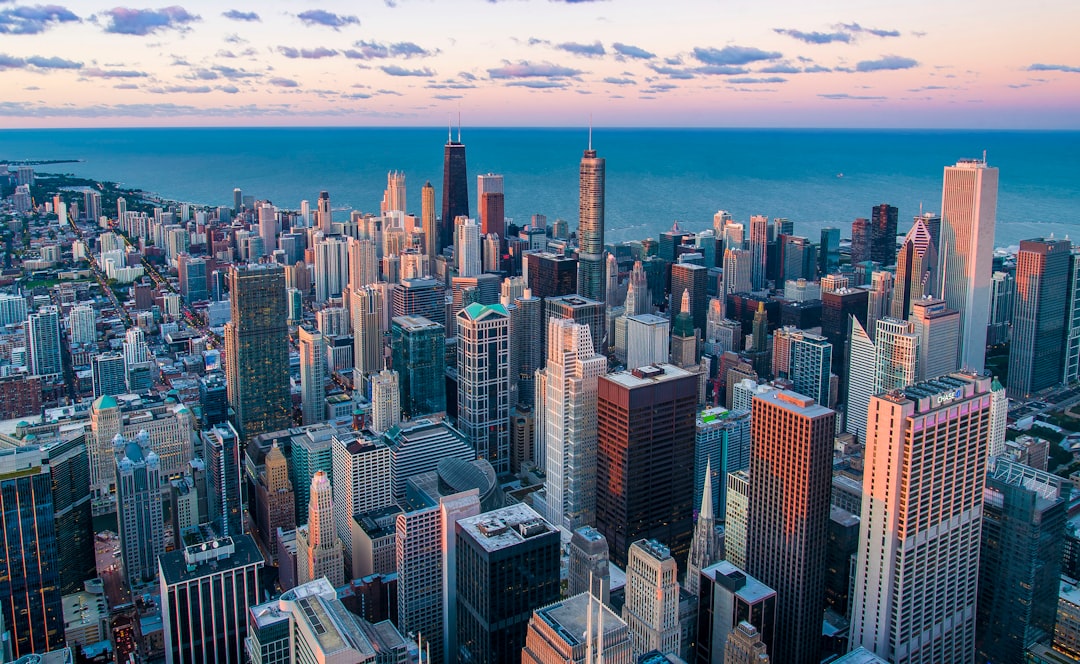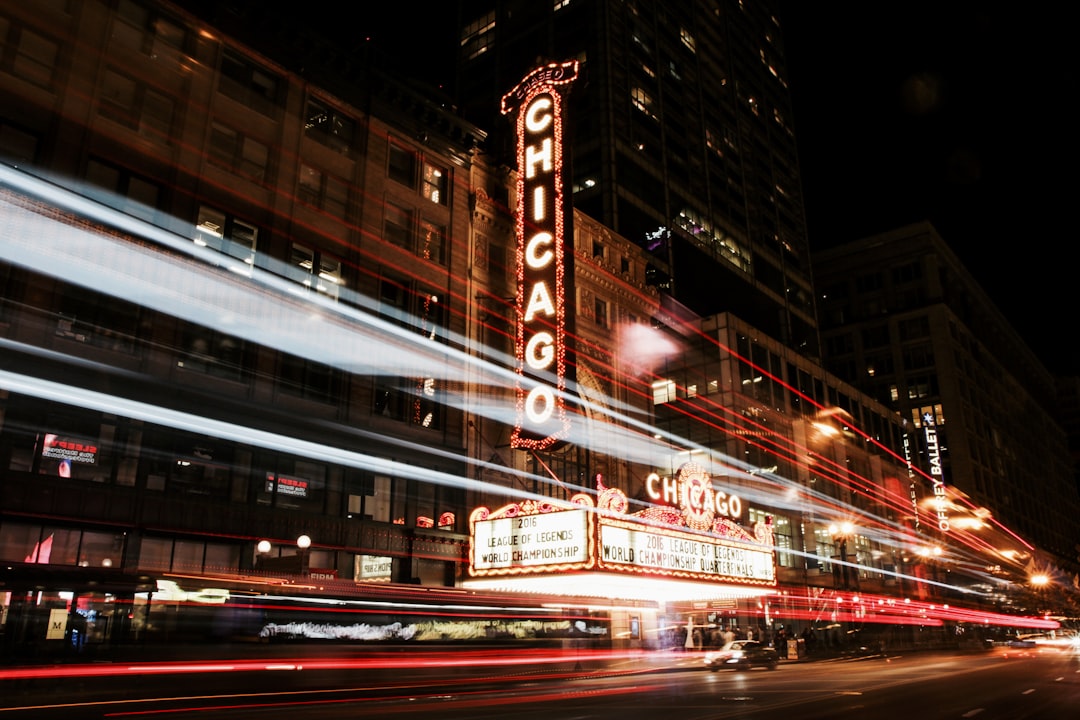- Understanding Chicago's Do Not Call Laws
- The Impact of Robocalls on Consumers
- Legal Ramifications for Law Firms and Attorneys
- How to Identify and Stop Unwanted Autodialers
- Strategies for Businesses: Compliance and Best Practices
- Representing Clients: Navigating Robocall Legal Issues
- Case Studies: Successful Do Not Call Enforcement
- The Future of Telemarketing Regulations in Chicago
Understanding Chicago's Do Not Call Laws
In Chicago, the Do Not Call laws are designed to protect residents from unwanted telephone solicitations and telemarketing calls. These regulations are strictly enforced by the Illinois Attorney General’s office, which has established guidelines for businesses engaging in telemarketing activities within the state. The primary goal is to ensure that consumers have control over their phone lines and can enjoy peace of mind without receiving unsolicited calls.
Chicago residents who wish to prevent robocalls and automated dialing can register their landline or mobile number on the National Do Not Call Registry. This federal list prohibits telemarketers from calling registered numbers, but it’s just a first step. For more comprehensive protection, many people turn to Do Not Call lawyers in Chicago, seeking guidance and legal assistance when dealing with persistent robocallers or those ignoring the local laws. These Do Not Call attorneys specialize in navigating the complexities of these regulations, helping clients understand their rights and take necessary actions against violators, including potential lawsuits against rogue robocall law firms.
The Impact of Robocalls on Consumers
The prevalence of robocalls has significantly impacted consumers in Chicago and across the nation. These automated phone calls, often marketed by law firms specializing in Do Not Call lawyers and attorneys, can be intrusive and frustrating for recipients. Many residents find themselves delving into a labyrinth of regulations and restrictions to understand their rights against such unwanted communications. With the abundance of robocalls, consumers are left with a constant sense of being monitored or pestered, hindering their peace of mind and potentially driving them towards seeking legal counsel from Do Not Call law firms in Chicago.
The impact extends beyond mere annoyance; these calls can be deceptive, misleading, or even illegal, as some robocallers violate consumer privacy laws. This has prompted many people to consult with attorneys specializing in Do Not Call practices to understand their options and take necessary actions. By navigating the complex legal landscape surrounding robocalls, these Chicago-based law firms empower consumers to protect their rights, ensuring that their phone lines remain free from unwanted and potentially illegal marketing efforts.
Legal Ramifications for Law Firms and Attorneys
In Chicago, just as in many other jurisdictions across the US, there are strict regulations in place to protect consumers from unwanted phone calls, particularly those involving automated or robocall technology. The Do Not Call laws, implemented by the Federal Trade Commission (FTC), prohibit law firms and attorneys from making telemarketing or prerecorded calls to individuals who have registered their numbers on the national Do Not Call list. This includes calls to Chicago residents that promote legal services or solicit potential clients, especially when not explicitly requested or consented to.
For law firms and attorneys operating in Chicago, failure to adhere to these regulations can result in significant legal consequences. They may face fines and penalties for each violation, as well as class-action lawsuits from affected consumers. As such, it’s crucial for legal professionals to ensure they obtain proper consent before initiating any automated or prerecorded calls, and to respect the preferences of clients who have opted out of receiving such calls. Engaging in autodialer use without express permission is a robocall law firm Chicago practice that can lead to severe repercussions, including potential loss of reputation and financial penalties.
How to Identify and Stop Unwanted Autodialers
Unwanted autodialers can be a nuisance, but recognizing and stopping them is within your control. One of the first steps to identify these pesky callers is to pay close attention to the phone numbers on your caller ID. If you consistently receive calls from unknown or repeated numbers that don’t show as local, it’s likely an autodialer at work. These automated systems often use computer-generated numbers, making them difficult to trace.
If robocalls are a regular occurrence, consider registering with the National Do Not Call Registry. While this doesn’t guarantee a complete stop, it sets a clear boundary that you’re not interested in unsolicited calls. For more targeted relief, consult with a Do Not Call Lawyer Chicago or Do Not Call attorney Chicago. They can provide guidance on blocking specific law firms and help you understand your rights under the Telephone Consumer Protection Act (TCPA), which restricts automated calls without prior express consent. Engaging legal counsel specializing in robocall cases can be a game-changer, ensuring your rights are protected and unwanted autodialers are held accountable.
Strategies for Businesses: Compliance and Best Practices
In the bustling world of Chicago’s legal landscape, businesses must navigate the complex terrain of consumer privacy and communication laws to avoid potential legal pitfalls associated with autodialer use. For law firms, do-not-call regulations are especially critical, as they safeguard clients’ rights and maintain ethical practices. To stay compliant, Chicago-based law firms should implement robust internal policies prohibiting unsolicited phone marketing, particularly through automated dialing systems. This includes obtaining explicit consent from clients before initiating any robocalls or autodialed communications.
Best practices for businesses involve training staff on proper call procedures, ensuring data security, and regularly reviewing and updating privacy policies. Engaging a do not call lawyer Chicago or consulting with a specialized attorney can provide valuable guidance tailored to local regulations. By adhering to these strategies, law firms can protect their reputation, respect client privacy, and avoid potential penalties associated with robocall laws, especially in the competitive Chicago legal market.
Representing Clients: Navigating Robocall Legal Issues
In Chicago, representing clients against autodialer abuse and unauthorized robocalls is a significant legal concern. With an increasing number of businesses employing automated dialing systems to reach potential customers, many consumers find themselves on the receiving end of unwanted phone calls, often in violation of the Telephone Consumer Protection Act (TCPA). If you’re a resident of Chicago and have been plagued by persistent robocalls, seeking legal counsel from a qualified Do Not Call lawyer or Do Not Call attorney is a crucial step. They can help navigate the complex web of TCPA regulations to ensure your rights are protected.
Chicago’s legal landscape offers specialized robocall law firms that focus on these types of cases, providing expertise in blocking unauthorized calls and securing damages for affected individuals. These lawyers can assist clients in understanding their legal options, filing complaints against offending companies, and even negotiating settlements if necessary. Whether you’re facing constant telemarketing calls or prerecorded messages from unknown sources, a Do Not Call lawyer in Chicago is equipped to represent your interests and help put an end to this intrusive practice.
Case Studies: Successful Do Not Call Enforcement
In recent years, numerous cities and states have seen successful Do Not Call enforcement initiatives that have made significant strides in curbing unwanted autodialer campaigns. Chicago, for instance, has been at the forefront of such efforts, with its strict regulations targeting robocalls and automated messages. A prominent Do Not Call lawyer Chicago or attorney Chicago plays a pivotal role in these cases by ensuring compliance with local laws and assisting consumers who have been affected. These legal experts help Do Not Call law firms Chicago navigate the complex landscape of telemarketing laws, providing guidance on best practices to prevent future violations.
Case studies from across the country demonstrate that proactive enforcement can lead to substantial reductions in robocalls. By working closely with regulatory bodies and leveraging legal expertise, Do Not Call lawyers Chicago have secured substantial penalties for violators, serving as a deterrent for other companies engaging in similar activities. This collaborative approach not only protects consumers’ rights but also fosters a more transparent and respectful marketing environment.
The Future of Telemarketing Regulations in Chicago
The future of telemarketing regulations in Chicago looks set to be shaped by a growing emphasis on consumer privacy and protection. With the increasing prevalence of robocalls and automated dialing systems, there’s a heightened awareness among both residents and legal experts about the need for stricter guidelines. This trend is particularly notable in light of the growing number of Do Not Call lawyer Chicago services and law firms specializing in addressing unauthorized telemarketing practices.
Chicago, known as a bustling metropolis, is also facing the challenge of modernizing its laws to keep pace with technological advancements. The city’s legal landscape is likely to see more cases involving robocall law firms Chicago and disputes over permission for automated calls. As such, it’s crucial that any future regulations consider both the rights of consumers to avoid unwanted calls, represented by numerous Do Not Call attorneys Chicago, and the legitimate marketing needs of businesses while ensuring transparency and consent in the age of digital communication.
